Transrectal Ultrasound Guided Biopsy of Prostate
If you have an elevated PSA or a lump on your prostate, this procedure could help determine if you have prostate cancer or not. (Just because you have an elevated PSA does not mean you necessarily have prostate cancer and not all lumps mean cancer either.)
Procedure
The biopsy is done via the anus, utilising a special ultrasound probe which allows your urologist to see the prostate in detail. The ultrasound allows the urologist to direct most of the biopsies into high risk areas like the outer areas of the gland.
Once the probe is in place local anaesthetic is injected into the nerves of the prostate numbing the gland. Although local anaesthetic has been shown to make a big difference, most patients will still experience some discomfort during the procedure. Pre-operative oral pain relief is given to help with this. We also offer you diazepam pre-operatively which can be helpful to relax you.
Biopsies are taken using a biopsy gun which sends a needle through the wall of the rectum and into the prostate taking a core of tissue as it does so. The number of cores taken depends upon the size of your prostate. If you have a very large prostate then unfortunately you do need more cores in order to accurately sample the gland. The procedure generally takes around 5 minutes.
Post Procedure
We would encourage you to have the day off work after your biopsy. It can be an uncomfortable feeling for several hours after the operation. You can expect to have some blood in urine and also the ejaculate, and some patients experience bleeding from the rectum with bowel motion. This bleeding usually settles within 48 hours but could last for up to 2 weeks, particularly in the semen.
Risks
The main risk we are concerned about is that of post-operative infection. The needles from the biopsy gun pass from the rectum which has a high bacterial count into the essentially sterile prostate. The risk of infection is actually surprisingly low (2%), but if you get unwell you can become really unwell. You will be given some antibiotics prior to the procedure and it is vital that you take these. If you do get fevers or shaking chills after the biopsy you need to present at the emergency department of the hospital. Tell them you've had a prostate biopsy and they will give you intravenous antibiotics and possibly admit you for observation.
Results
We usually have the results within 5 to 10 days after the procedure. As soon as we get the result we will let you know what they are. If cancer is detected, we will arrange an appointment for you to be seen as soon as possible to discuss the various options available.
If there is no cancer present then this does not completely rule out that you have prostate cancer but it does make it unlikely that you have a significant cancer. It also does not mean that you may not develop cancer in the future.
We recommend you continue to monitor your PSA and have annual prostate examinations, until at least 75 years old.



